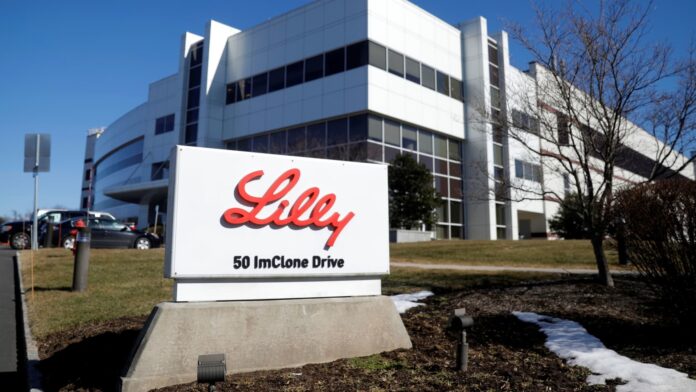Investors looking ahead to how they might invest next year should consider companies that have a proven track record of solid profit margins, according to Goldman Sachs. The investment bank expects that next year will bring less pain than 2022, but no meaningful gains amid a soft landing for the U.S. economy, though a hard landing scenario is still a distinct risk, David Kostin, Goldman’s chief U.S. equity strategist, wrote in a Nov. 21 note. “The combination of a flat return under our base case and large downside in a recession means investors should remain cautious,” said Kostin. Margin expansion bets One of the ways to position one’s portfolio carefully is to own stocks with resilient profit margins, as these companies should be able to withstand some economic weakness and still return value to shareholders. The companies on Goldman Sachs’ list are Russell 1000 names that have expanded their margins this year, excluding financials, real estate, utilities and energy. The median company on the list has expanded margins by 1.19% so far this year, while the typical stock in the Russell 1000 saw a 0.28% contraction in margins in the same period. Even better, the companies on Goldman’s screen are expected to continue expanding their margins in 2023. Although the companies will have achieved margin growth in line with or less than the trend over the previous 5 years, “[l]ooking ahead, consensus also expects the median company in the list to expand margins in 2023,” according to the note. The stock with the highest margin growth estimate is Air Lease Corporation, which is trading down about 14% year to date and yields 2.1%. The aircraft leasing company has expanded margins by 116 basis points this year and is expected to boost them another 429 basis points next year. A basis point is equal to 0.01%. The list also includes pharmaceutical giant Eli Lilly and wireless telecom provider T-Mobile. Both stocks have outperformed this year, up 36% and 32% to date, respectively. Avoid stocks where margins might compress Goldman also said investors should avoid stocks where profit margins appear vulnerable if the recent decline in companies’ selling, general and administrative expenses (SG & A) reverses. It highlighted both Pfizer and Autodesk as susceptible to lower margins. This is because if costs increase — likelier than not as demand slows — that will eat into profit margins and potentially lead to negative earning per share revisions. If that happens, it’s likely that the shares will lag, Kostin wrote.
© heardonwallstreet.com


